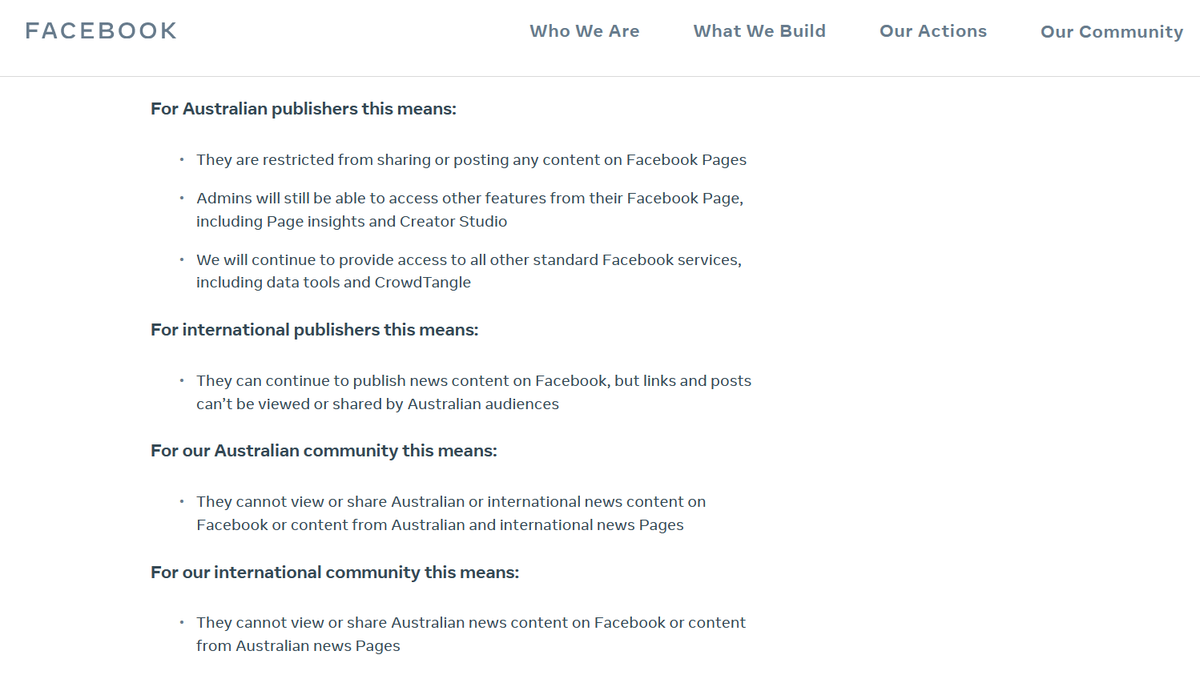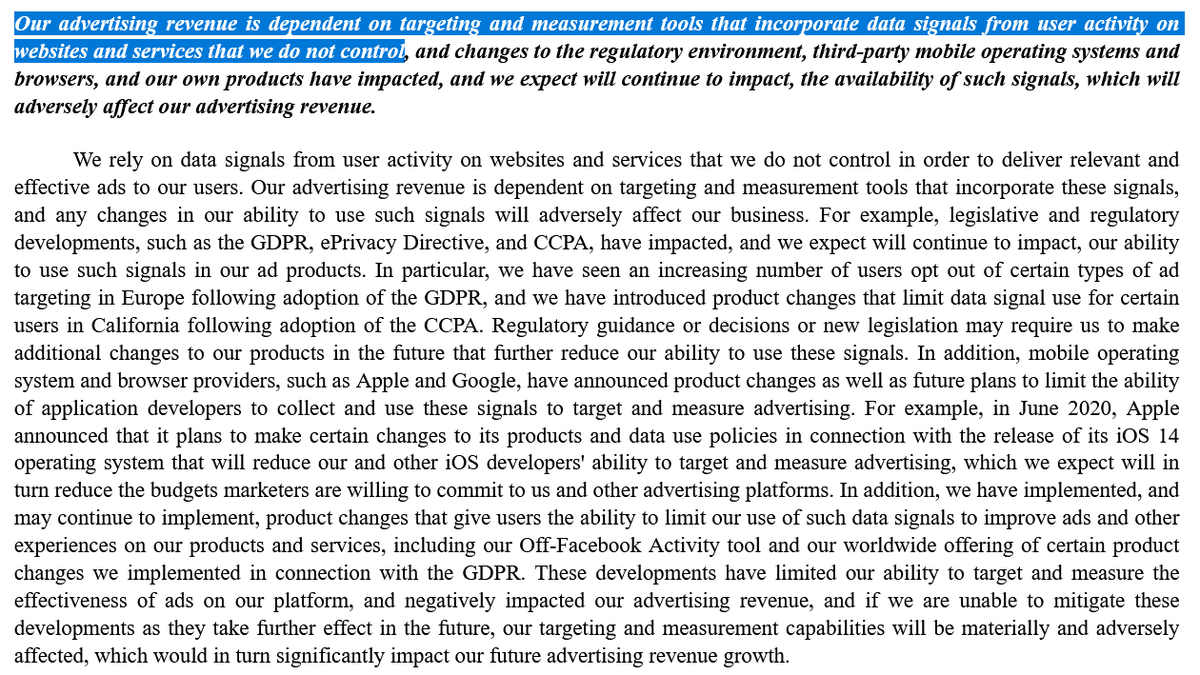
Prebid rather than TTD becoming a (joint) data controller for email and profile data on hundreds of millions? 

I mean even the adtech trade press writes they have 'control' of it.
That being said, I still don't get how adtech shops, marketers and publishers can believe they'll get away with replacing cookie IDs with identifiers based on EMAIL ADDRESSES. This is so cynical and broken.
That being said, I still don't get how adtech shops, marketers and publishers can believe they'll get away with replacing cookie IDs with identifiers based on EMAIL ADDRESSES. This is so cynical and broken.
"With SharedID, cookie syncing becomes unnecessary as every party in the ecosystem will utilize the same shared identifier"
Also, SharedID. And 'Publisher Common ID', a 'widely used first-party identifier' that can end up in the bidstream.
prebid.org/product-suite/…
Also, SharedID. And 'Publisher Common ID', a 'widely used first-party identifier' that can end up in the bidstream.
prebid.org/product-suite/…

UnifiedID, SharedID, PubCommon ID ...plus Criteo ID, Neustar ID, LiveRamp ID, IntentHQ ID, Lotame ID, Merkle ID, Parrable ID, Quantcast ID, Tapad ID, Verizon ID...
docs.prebid.org/dev-docs/modul…
I really hope EU data protection authorities will bring this to an end soon.
docs.prebid.org/dev-docs/modul…
I really hope EU data protection authorities will bring this to an end soon.
Whether fake consent or not, this stuff is incredibly disrespectful, violates the rights of millions who wouldn't agree if they were asked in an honest way w/o dark patterns or coercion, and it further delays any effort of going a different way.
Anyway, Google must be broken up.
Anyway, Google must be broken up.
• • •
Missing some Tweet in this thread? You can try to
force a refresh










